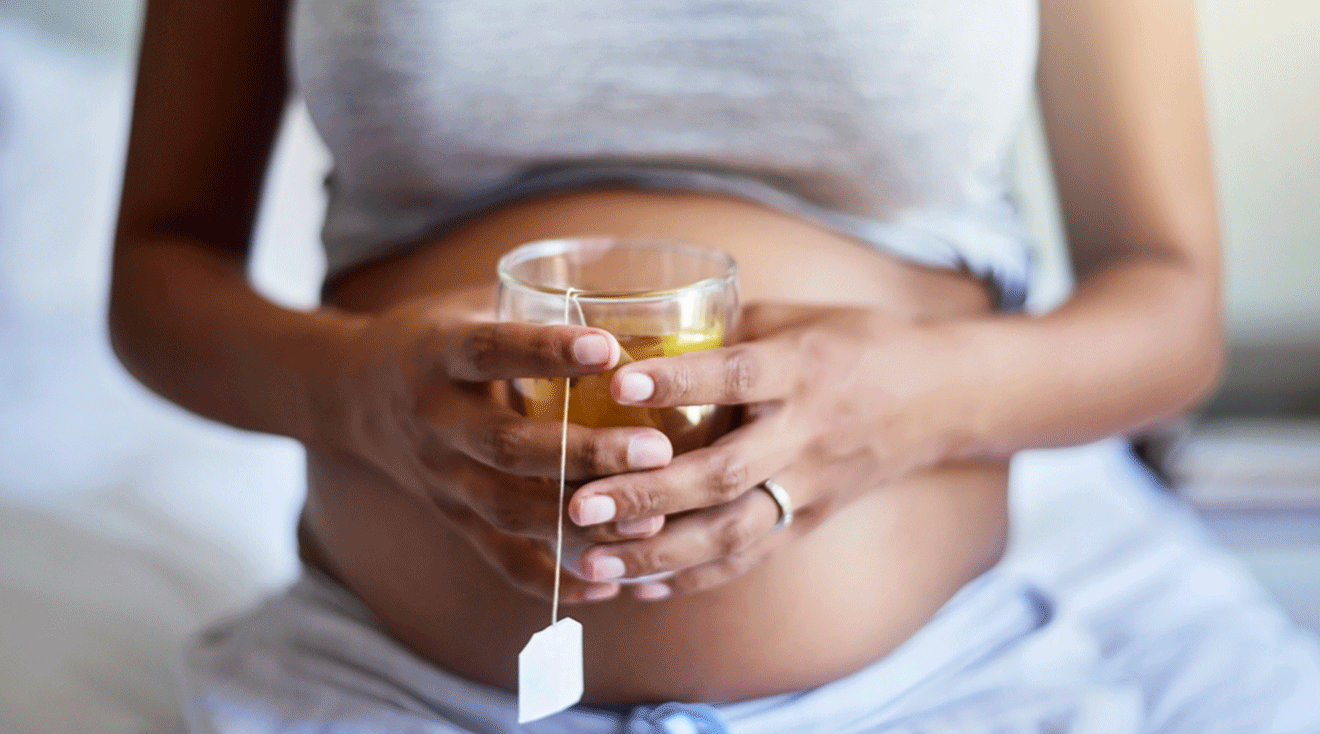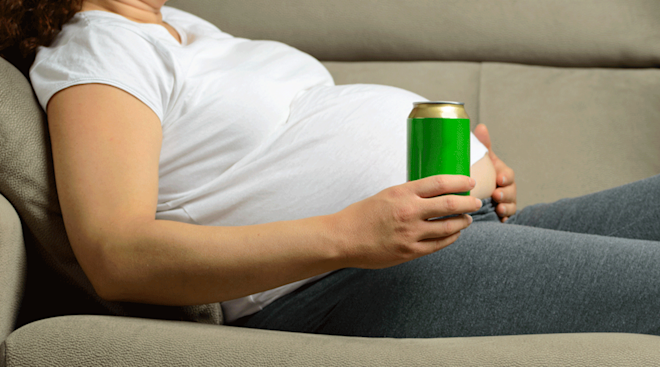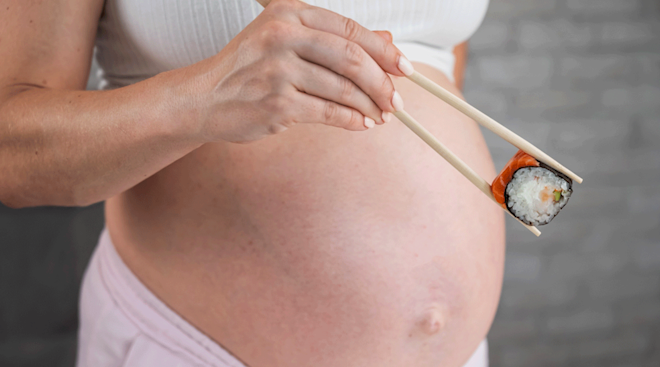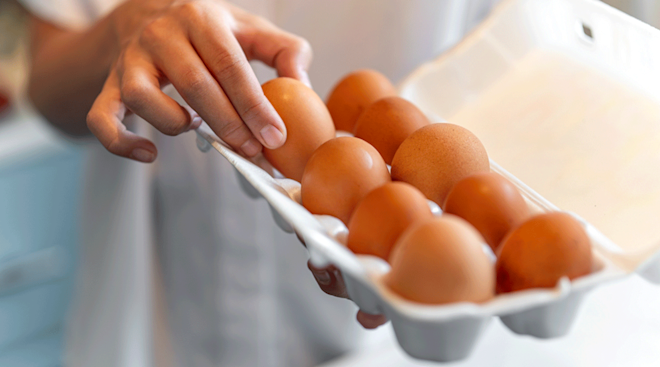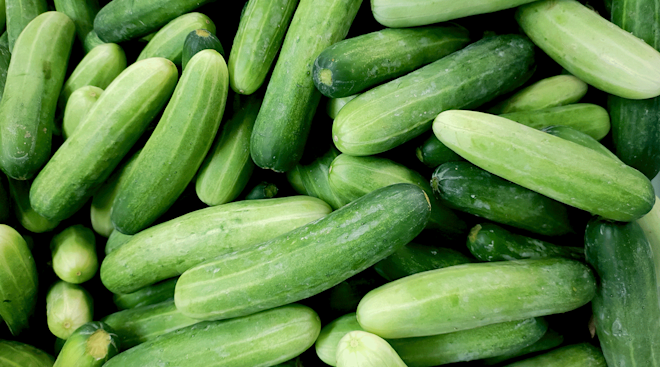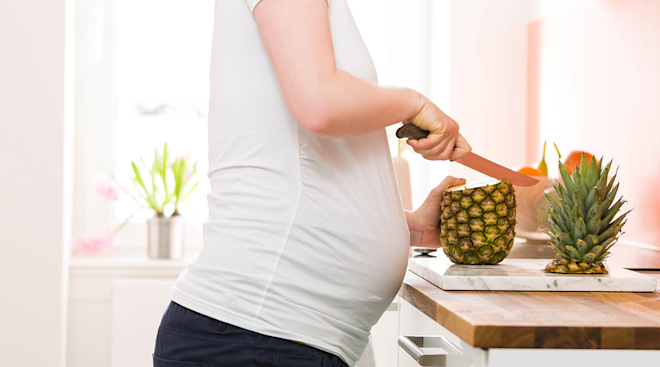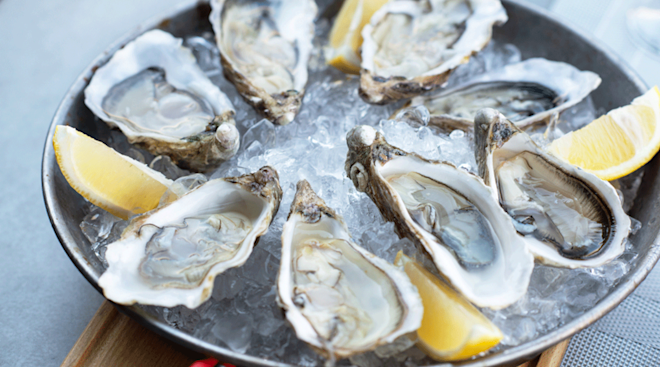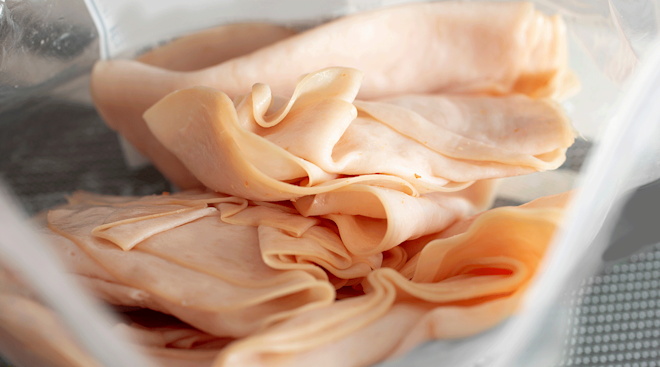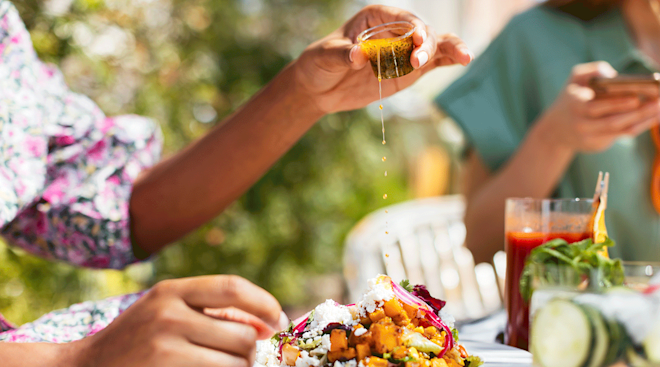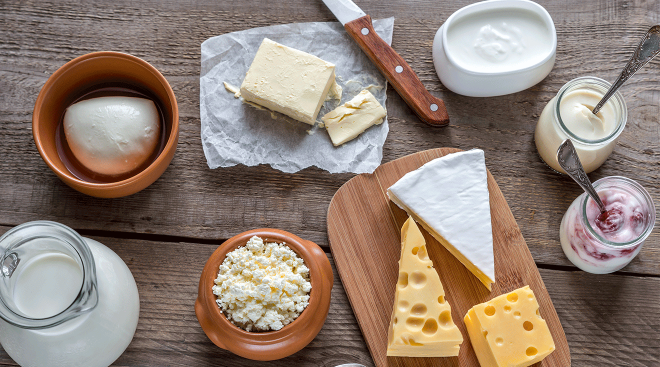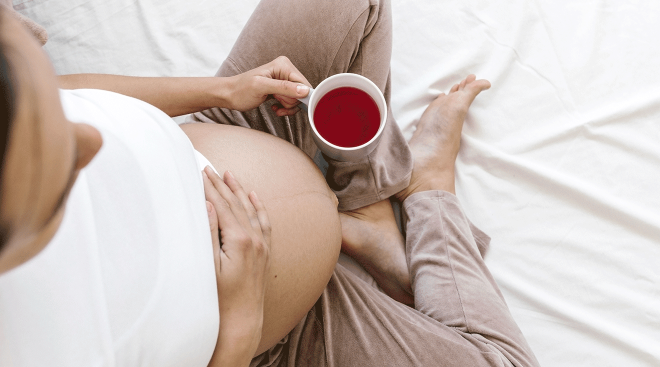Can You Drink Green Tea During Pregnancy?
When I first found out I was pregnant, I was overwhelmed by the endless list of “rules” about what I could and couldn’t eat or drink. No deli meats, soft cheeses, sushi, unpasteurized juices! You could say I Google-searched just about everything before I downed it.
But one of the most complex rules I ran into revolved around tea. Drinking tea during pregnancy seems to be a very fuzzy, gray area. Certain ones are said to be dangerous, while others are considered safe (healthy even!). Green tea, in particular, is one of those popular choices pregnant women seem to question. After all, research shows that drinking green tea daily could lower one’s overall risk of death. So can you enjoy green tea while pregnant—and reap the potential benefits? Here’s what you need to know about drinking green tea during pregnancy.
If you’re pregnant, it’s always best to reach out to your doctor for a comprehensive list of dos and don’ts. But, generally speaking, it’s probably okay to enjoy green tea during pregnancy, as long as you drink it in moderation, says Ayla Barmmer, MS, RD, LDN, a registered dietitian, women’s health nutritionist and founder of FullWell, a fertility wellness brand.
Green tea is high in catechins—something that can prevent your body from absorbing the much-needed folic acid for baby. It also contains a bit of caffeine. Yep—just like coffee, green tea comes from a plant that contains this popular stimulant. “Caffeine does cross the placenta, and excessive amounts can impact fetal growth and development,” says Barmmer. So keeping tabs on how much green tea you drink is important when you’re pregnant.
How much green tea is safe during pregnancy?
One to three cups of green tea per day is generally considered safe, Barmmer says. The American College of Obstetricians and Gynecologists (ACOG) recommends limiting caffeine intake to less than 200 milligrams per day during pregnancy. For the record, green tea typically contains about 28 milligrams of caffeine per 8-ounce cup (although this can vary depending on the brand and brewing method).
The medical community has praised green tea for its potential ability to fight cancer, prevent heart disease, boost brain function and aid in weight loss, per Cleveland Clinic. But what about its benefits specifically for pregnant people? When consumed in moderation, green tea may offer some perks:
Boost of antioxidants
Epigallocatechin gallate (EGCG) is the most abundant and potent antioxidant in green tea, helping reduce oxidative stress and supporting overall health. (Just remember that balance is key here–on the flip side, EGCG is classified as a catechin that can inhibit the absorption of folate if consumed in excess, adds Barmmer.)
Combat moodiness
How does taming those ups and downs with a cup of green tea sound? Diane Ortega, DNP, CNM, a certified nurse midwife and co-founder of the Willow Midwife Centers for Birth and Wellness in Arizona, says that green tea can help balance mood swings during pregnancy. In fact, one study also found that drinking green tea has been shown to improve depressed moods.
Increased energy
Finally, you can get that lift you need without the jitters coffee sometimes brings, Barmmer says. Here’s why: One thing green tea contains that coffee doesn’t is L-theanine–a relaxing amino acid naturally found in tea. When you combine green tea’s L-theanine with its natural caffeine content, studies show you can get a milder, more relaxing caffeine stimulation—unlike that typical shaky coffee arousal.
All these bonuses aside, it’s very important to balance the benefits with the potential risks of overconsumption of green tea during pregnancy, reminds Barmmer.
There are two things to consider before drinking green tea during pregnancy: its caffeine content and its effect on folic acid absorption. Remember, caffeine can cross through the placenta into baby’s bloodstream. “The developing fetus lacks the enzymes necessary to metabolize caffeine efficiently, meaning it can accumulate in fetal tissues,” points out Barmmer. This accumulation can lead to an increased risk of low birth weight, preterm labor and disruptions in fetal sleep, she adds.
Let’s not forget about the risks of catechins in green tea. This is tricky because, on one hand, they provide many beneficial antioxidants for Mom and baby. On the other hand, too many green tea catechins can lead to decreased levels of folate in the body. “Folate is essential in fetal development, particularly for preventing neural tube defects,” says Ortega.
Excessively drinking green tea could prevent baby from getting their critical folate amounts and can potentially cause neural tube defects like spina bifida. “This is particularly important preconception and during the first trimester, when folic acid needs are highest,” notes Barmmer. If you choose to enjoy green tea, balancing it out with a quality prenatal multivitamin is key. Barmmer suggests finding one that includes folate in bioavailable forms like methylfolate and methylcobalamin to help lessen the risk of catechins interfering with folic acid absorption.
Frequently Asked Questions
What teas aren’t safe to drink while pregnant?
Unfortunately, the safety of many herbs and plants and their effects on pregnant people haven’t been studied. Because of this, most experts recommend exercising caution when choosing herbal teas during pregnancy. The American Pregnancy Association suggests avoiding herbal teas that aren’t made commercially or that contain excess amounts of herbs. Barmmer suggests avoiding licorice root tea altogether, which may increase blood pressure. Other teas to avoid are black cohosh, blue cohosh, dong quai and any tea that claims to be a “cleansing” or “detox” tea, adds Ortega.
What are the best teas to drink while pregnant?
Ginger, rooibos and peppermint teas are all fantastic, safe options to drink during pregnancy, says Ortega. These teas may even help with symptoms of morning sickness.
Is matcha safe to drink during pregnancy?
Matcha is another form of green tea and is generally safe to drink during pregnancy in moderation–limit yourself to no more than one cup per day, says Barmmer. This is because matcha has a higher caffeine content than traditional green tea. Instead of tea leaves steeped in hot water, matcha is made from whole-ground leaves that are powdered down and fully ingested–creating an extra caffeine boost.
So, what’s the overall verdict? Well, doctors don’t really have a definitive answer on whether green tea is 100 percent safe during pregnancy. There are both potential benefits and risks that need to be considered. That’s why most medical experts recommend drinking green tea in moderation. “At this level, you can balance your health and enjoyment and the health of your pregnancy,” notes Barmmer.
Please note: The Bump and the materials and information it contains are not intended to, and do not constitute, medical or other health advice or diagnosis and should not be used as such. You should always consult with a qualified physician or health professional about your specific circumstances.
Plus, more from The Bump:
Ayla Barmmer, MS, RD, LDN, is a registered dietitian, women’s health nutritionist and founder of FullWell, a fertility wellness brand. She earned her master’s degree from Boston University and has dedicated over 20 years to advancing reproductive health through nutritional science and functional medicine.
Diane Ortega, DNP, CNM, is a certified nurse midwife and co-founder of the Willow Midwife Centers for Birth and Wellness in Arizona. She received her master’s degree from the University of Illinois-Chicago and has been in practice for 13 years, delivering more than 1,000 babies.
European Journal of Epidemiology, Green tea consumption and mortality in Japanese men and women: a pooled analysis of eight population-based cohort studies in Japan, October 2019
American College of Obstetricians and Gynecologists (ACOG). The Top 6 Pregnancy Questions I Hear From First-Time Moms, February 2024
Mayo Clinic, Caffeine content for coffee, tea, soda and more, April 2022
Cleveland Clinic, Green Tea Health benefits, September 2024
Nutrients, Improvement of Depressed Mood with Green Tea Intake, July 2022
Current Pharmaceutical Design, [Effect of Green Tea Phytochemicals on Mood and Cognition](https://pubmed.ncbi.nlm.nih.gov/28056735/#:~:text], 2017
Learn how we ensure the accuracy of our content through our editorial and medical review process.
Navigate forward to interact with the calendar and select a date. Press the question mark key to get the keyboard shortcuts for changing dates.

































